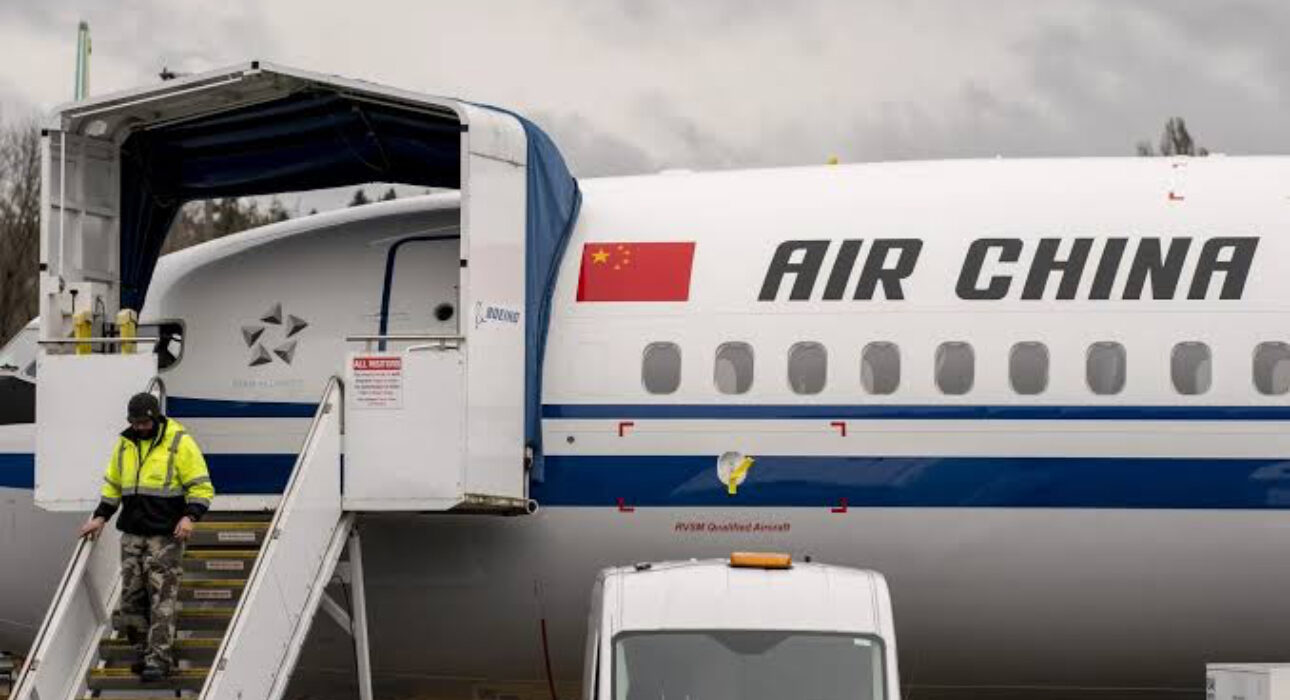China Suspends Boeing Aircraft Deliveries and U.S. Aviation Parts Amid Escalating Trade Friction

In a significant intensification of the trade dispute between the U.S. and China, Beijing has instructed its airlines to cease deliveries of new Boeing aircraft and defer purchases of American-made aviation parts. This decision, confirmed by various industry sources, highlights the increasing economic strain between the two largest global economies.
This directive follows the U.S. imposing a substantial 145% tariff on Chinese imports, prompting quick retaliatory measures from China, which raised tariffs on various U.S. imports to 125%, particularly targeting the aviation sector.
Reports indicate that three major Chinese airlines—China Southern, China Eastern, and Air China—were set to receive 179 Boeing planes between 2025 and 2027. However, with the new order in place, these shipments are now on hold, significantly impacting Boeing’s operations in one of its top overseas markets.
The financial repercussions for Boeing were almost immediate, with shares falling nearly 3% in premarket trading after the news broke. In contrast, shares for Airbus, Boeing’s main European rival, increased by 1%, suggesting a potential opportunity for the EU-based manufacturer if Chinese carriers turn away from U.S. suppliers.
The trade tensions are extending beyond aerospace, affecting other vital industries as well. China has already ceased exports of seven critical rare earth metals and magnets, which are essential for manufacturing electric vehicles, smartphones, and advanced military technology. Given China’s dominance in processing these minerals, the halt could disrupt U.S. industrial supply chains significantly.
Experts have warned that the expanding trade divide poses serious economic risks. With U.S.-China bilateral trade exceeding $650 billion in 2024, worsening relations could impede global trade, affect manufacturing, and cause financial market instability.
Global leaders and industry analysts are closely monitoring the situation, hoping diplomatic efforts will help ease the crisis. However, as both nations remain firm in defending their strategic interests, a swift resolution appears unlikely.
As tensions escalate, stakeholders in the aviation, technology, and manufacturing sectors are preparing for further disruptions, highlighting the broader global consequences of the ongoing economic conflict between the two superpowers.








